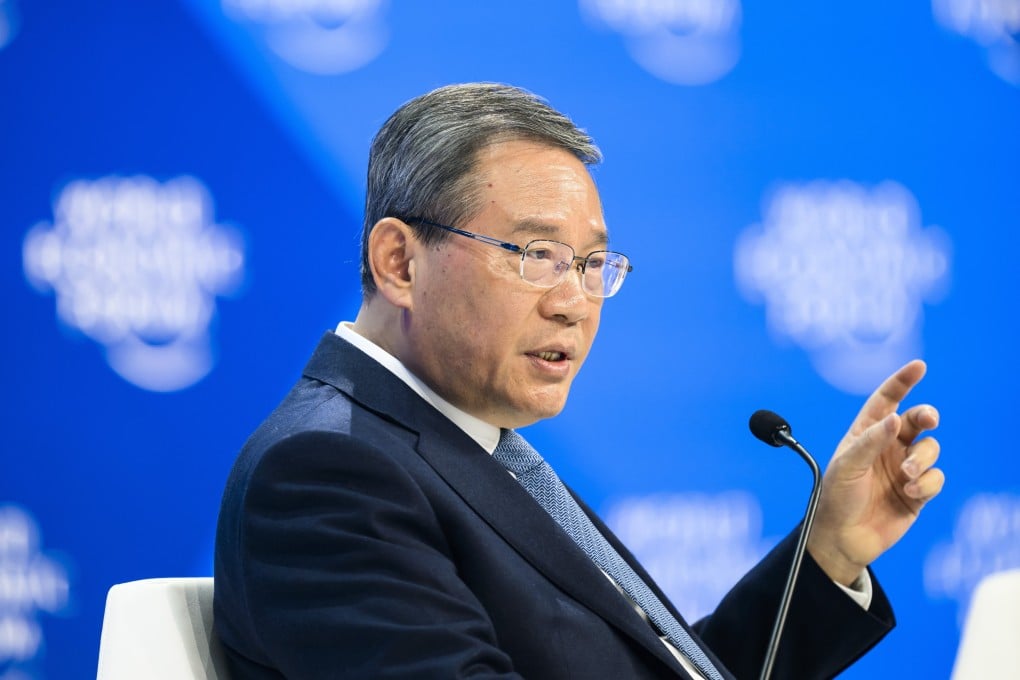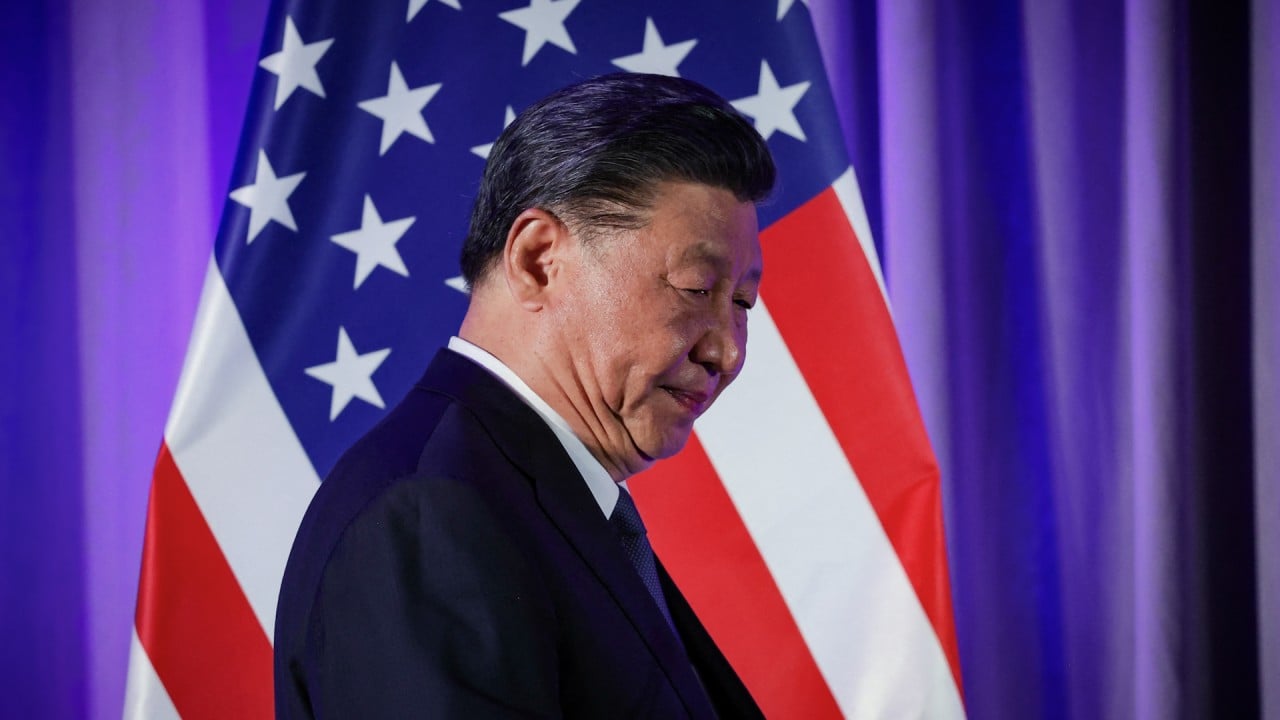Chinese premier meets with US business group in Beijing as part of charm offensive
- Li Qiang tells delegation led by US Chamber of Commerce head that Washington’s ‘small yard, high fence’ approach to trade with China is not in either side’s interest
- China’s struggling economy, swooning stock markets and investor outflows have added urgency to efforts to draw foreign capital back

Washington’s “small yard, high fence” approach to restrict economic engagement in certain high tech sectors with China is not in the fundamental interests of either side, Chinese Premier Li Qiang told a US business group in Beijing on Wednesday.
The US strategy and any sort of decoupling will “only bring huge losses to businesses and economy of the two countries, and even to global development,” Li told the delegation led by Suzanne Clark, the chief executive of the influential US Chamber of Commerce, according to state news agency Xinhua.
The world’s two largest economies are highly complementary with deeply integrated interests, and they should be partners rather than rivals, Li said.
“Both sides benefit from each other’s development, and strengthening economic and trade cooperation is a win-win to both countries.”
Washington officials from President Joe Biden on down have said the US is not seeking to decouple its economy from China or limit its growth, but “small yard, high fence” has been the key to the administration’s efforts to restrain China’s development on certain technologies with significant military potential.
The intent is to protect US national security while limiting the degree to which normal economic ties are disrupted. Measures have included sweeping export bans on the sale of advanced semiconductors to Chinese entities, and restricting US venture capital and private equity investments in semiconductor, quantum computing and AI companies in the country.
